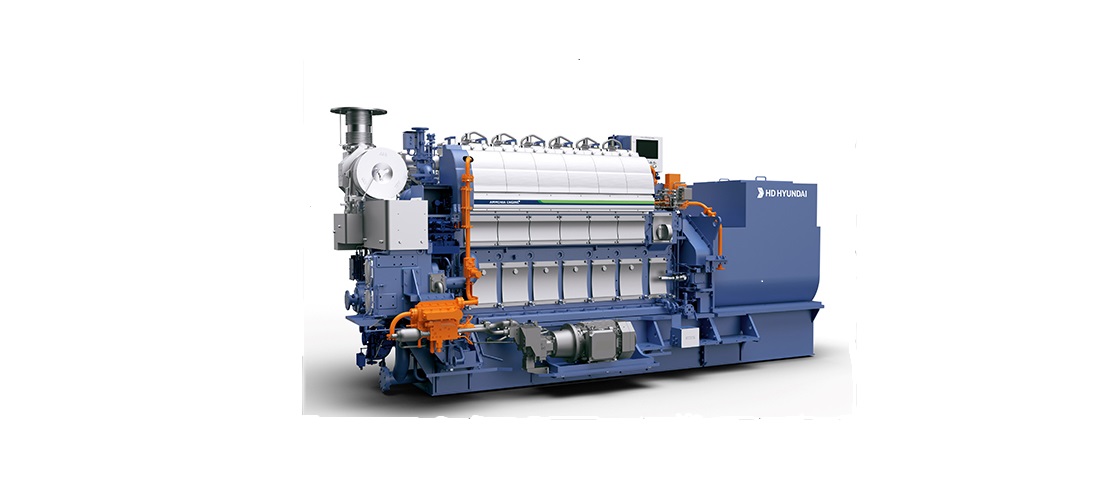
HD Hyundai develops direct injection ammonia dual-fuel engine
Oct, 10, 2024 Posted by Gabriel MalheirosWeek 202440
South Korea’s largest shipbuilder HD Hyundai Heavy Industries has developed a zero-carbon ammonia dual-fuel engine which it claims will be the first engine in the world to use a high-pressure ammonia direct injection method.
The company already completed the model-based class approval testing for the so-called HiMSEN ammonia dual-fuel engine at its Ulsan Headquarters. The testing was attended by representatives from seven classification societies – ABS, DNV, LR, BV, RINA, NK, and KR.
Since the examination and compliance review has been finalized, Hyundai will soon start the commercialisation of the HiMSEN ammonia engine.
According to the company, the engine is suitable not only for ammonia carriers but also for marine power generation and propulsion purposes. The company also plans to supply the engine to land-based power generation markets.
Until now, ammonia engines were based on a low-pressure premixed combustion method which burns a mixture of ammonia and air, which has been provided to the engine combustion chamber, through compression. The newly developed high-pressure direct injection method compresses air in the engine combustion chamber and then burns it by injecting ammonia with high pressure.
Hyundai also utilised the selective catalytic reduction system to minimise the amount of NOx and unburned ammonia. In addition, the integrated scrubber – developed independently by HD Korea Shipbuilding & Offshore Engineering – has been widely applied resulting in a drastic reduction of ammonia concentrations.
“The development of this ammonia engine has great meaning as it will be an opportunity for us to lead the market while providing an expanded eco-friendly duel-duel engine lineup,” an official of HD Hyundai Heavy Industries said.
Source: Splash247
-
Economy
May, 02, 2024
0
OECD Forecasts Upturn for Argentine Economy by 2025, Brazil’s Outlook Remains Stable
-
Coffee
Sep, 16, 2019
0
Soluble coffee exports from Brazil break record in last 12 months
-
Shipping
Jul, 05, 2023
0
Shipping industry faces appeals for global levy as it sets net-zero target
-
Grains
Oct, 15, 2019
0
Canada wants slice of the Brazilian wheat quota



